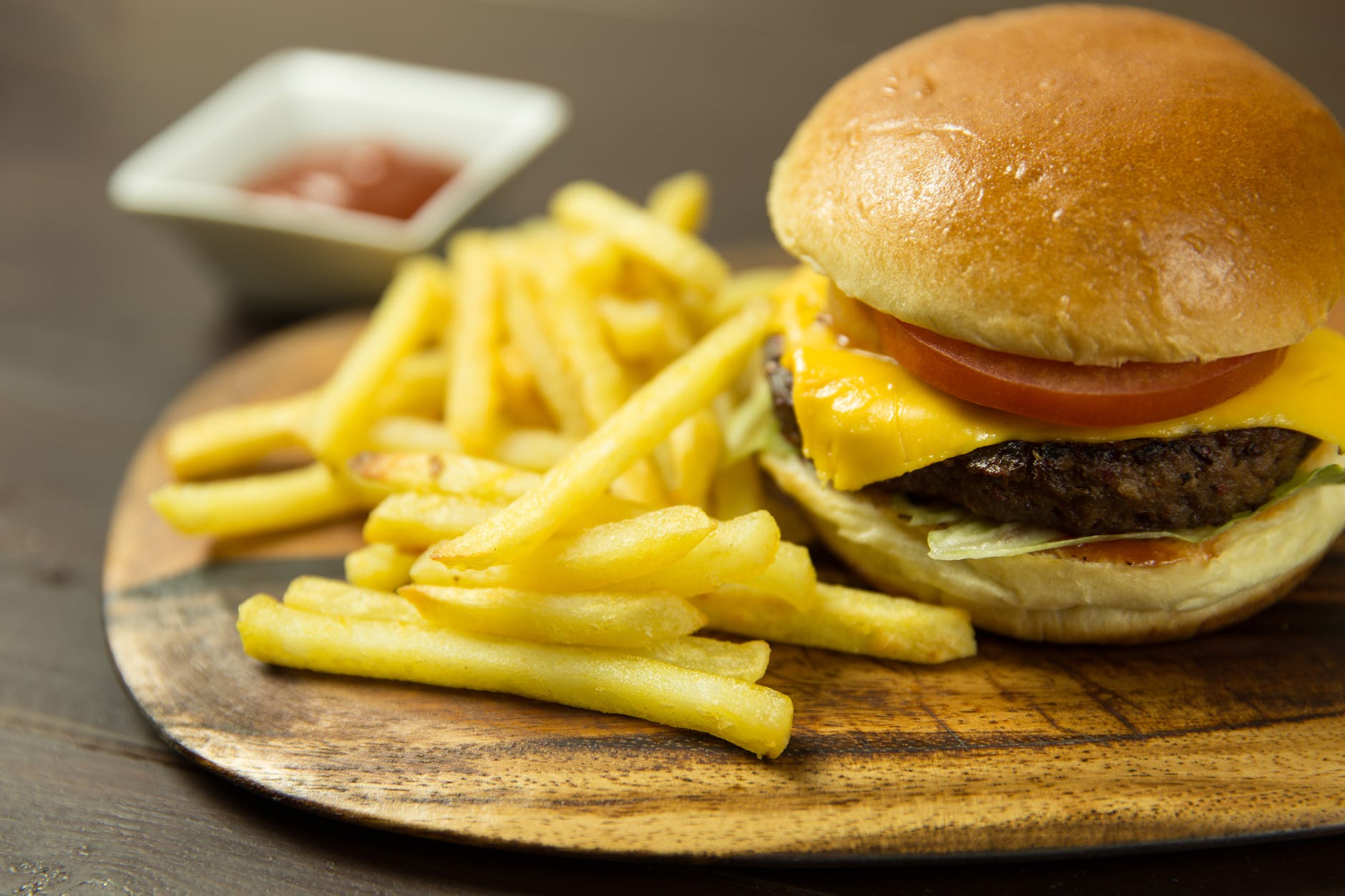
Food
If you’re eating healthy but not feeling its effects on your health, it’s most likely because you aren’t eating your food right or doing things after or before eating that mess up digestion. Statistics published by Dieticians Australia indicate that more than 27,500 Australians succumbed to a preventable death caused by bad eating habits in 2021. Moreover, more than 66% of Queenslanders are known to be obese, and several of the province’s suburban areas, such as Oxenford, encounter a scarcity of healthy food options.
What you eat, and more importantly, how you eat your food, affects your well-being. So to help you mates, here are some healthy habits you should do before and after eating your meals besides eating healthy.
Wash your hands
It’s a no-brainer that you must wash your hands before every meal. It doesn’t matter if you eat without using your fingers; washing your hands is still hygienic. You can kill most of the hidden germs on your hands by washing both for 20 seconds straight.
Brush your teeth
Your everyday oral hygiene rituals should include brushing your teeth twice. Brushing your teeth will prevent cavities, tooth decay, gum diseases, and bad breath and let you enjoy your meals. Also, visit your local Oxenford dentist to ensure your teeth and gums stay healthy. In 2022, just over 56 percent of people in Oxenford visited a dentist. Visiting the dentist regularly can ensure good oral hygiene and address infections and orthodontic issues that may affect healthy eating habits.
Make your food look pretty
The way the food looks can have a profound impact on your food-eating habits. Obviously, no one would want to eat something that doesn’t look appealing. You can also set up the table, decorate it with silverware, lay down some napkins, turn on your favorite music, and burn a scented candle to make your dining experience more enjoyable. You’re more likely to chew your food properly this way.
Drink warm water
Drinking warm water before eating your food supports digestion by making your food more digestible and prevents overeating by making you feel fuller. Research also suggests that drinking warm water could also help with weight loss. And if you’re consuming a particularly decadent meal, consider sipping some green tea afterward.
Drink soup
Soups don’t only serve as appetizers, but also stimulate the secretion of digestive juices. That’s why drinking soup right before mealtime can help with digestion. Soaps also help with weight loss and add nutritional value to your diet. You can find soup shops selling udon and chicken soups near the Pacific Motorway and areas near Oxenford, Coomera, and Nerang.
Avoid drinking alcohol
Drinking moderately is fine, but excessive alcohol consumption while eating food hinders digestion. Heavy drinking during a meal can damage cells in the stomach and cause inflammation. Doing this regularly induces lesions. High alcohol content beverages) can also delay food passing through the stomach, which can result in bacterial degradation of the food and cause abdominal discomfort. Overall, this can ruin your entire dining experience.
Don’t sleep immediately after you eat
Even though you may feel lethargic after eating a hearty meal, you should avoid going to bed immediately and keep yourself busy for a while. Lying right after eating can lead to health issues like heartburn, indigestion, and sleep disruption, which is why giving your body a chance to burn all the calories you’ve just eaten is important.
Instead of going to sleep, engage in light exercise after eating, such as doing the dishes or going out for a walk. Walking can help accelerate digestion, and you can find plenty of parks in Queensland, particularly in Coomera and Oxenford, to do that.
Avoid intense exercises
Heavy exercise after a hearty meal can lead to several problems. Most people experience side effects such as bloating, nausea, cramping, reflux, diarrhea, sluggishness, and potentially reduced performance. But more importantly, blood flows away from your digestive system, leaving your stomach and intestines with little energy to digest food and blood to absorb nutrients. So it’s best to eat for at least 1 to 2 hours before you hit the gym after a meal. In fact, eating after a workout is more productive.
Don’t shower immediately
Showering a few minutes after eating can meddle with digestion. This is because your body temperature falls when you shower with cold water and directs body heat away from the stomach. This heat is necessary for digestion as it creates the ideal environment for enzymes to function and break down food. Showering effectively slows down the process.
Eat some chocolate
Eating a few pieces of chocolate can help digest food. You can either consume dark chocolate on an empty stomach or just half an hour after a hearty dinner. Cocoa beans are fiber-rich, which is good for regulating bowel movements. It also contains iron and magnesium, which are good for your overall well-being.
Delay eating fruits
Fruits are delicious, nutritious, and should be an integral part of your diet. However, avoid eating them in succession to your normal mealtime. When you bite your apple right after mealtime, your stomach may have trouble digesting it properly. Hence, wait 30 minutes before eating fruit. Also, if you have diabetes, you must avoid eating fruits with more sugar.
Conclusion
Ensuring your food has the right nutrients is only half the job; you must also develop healthy habits to follow before and after eating to make the most of what you put in your mouth. Brush your teeth regularly twice a day. Avoid bathing, sleeping, eating fruits, and doing heavy exercise right after eating. Drink warm water or soup before the main course. And last but not least, see a dentist more often. These tips can help you improve digestion and overall well-being.






